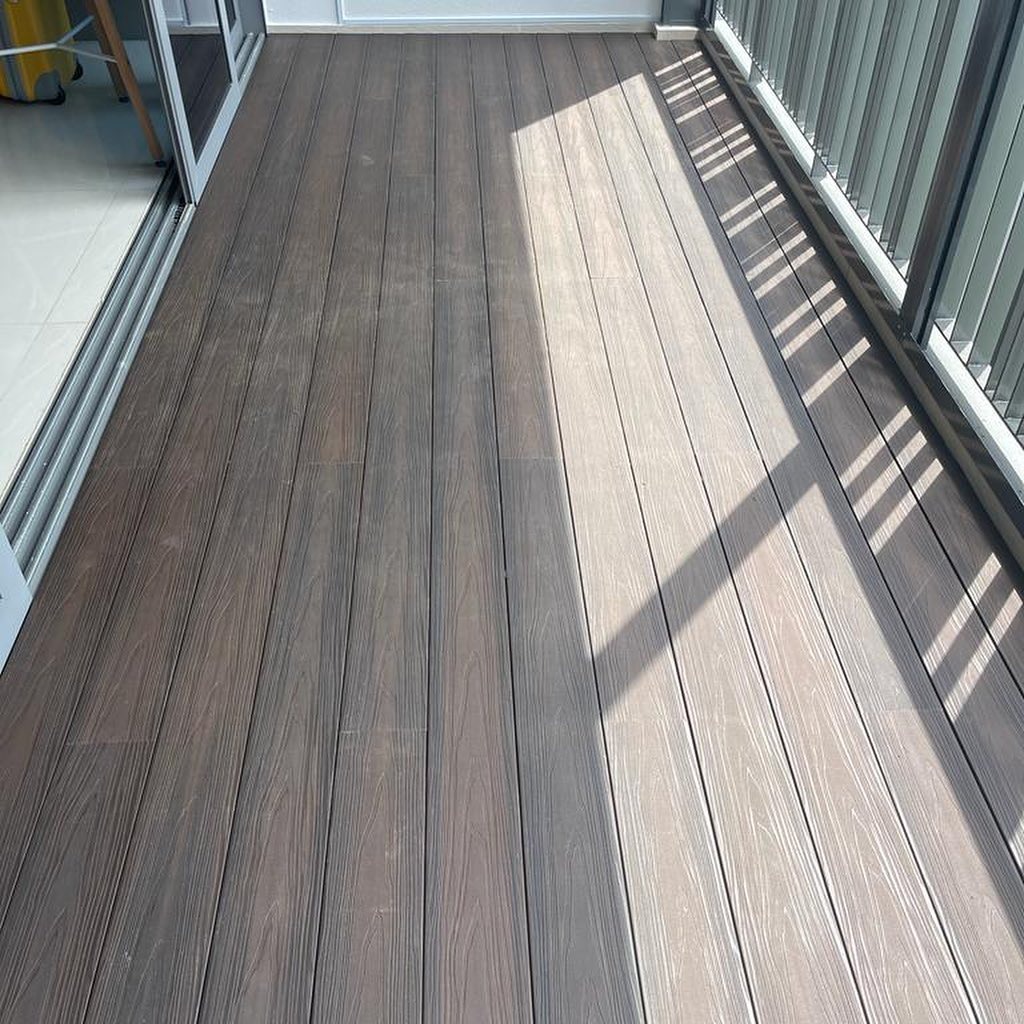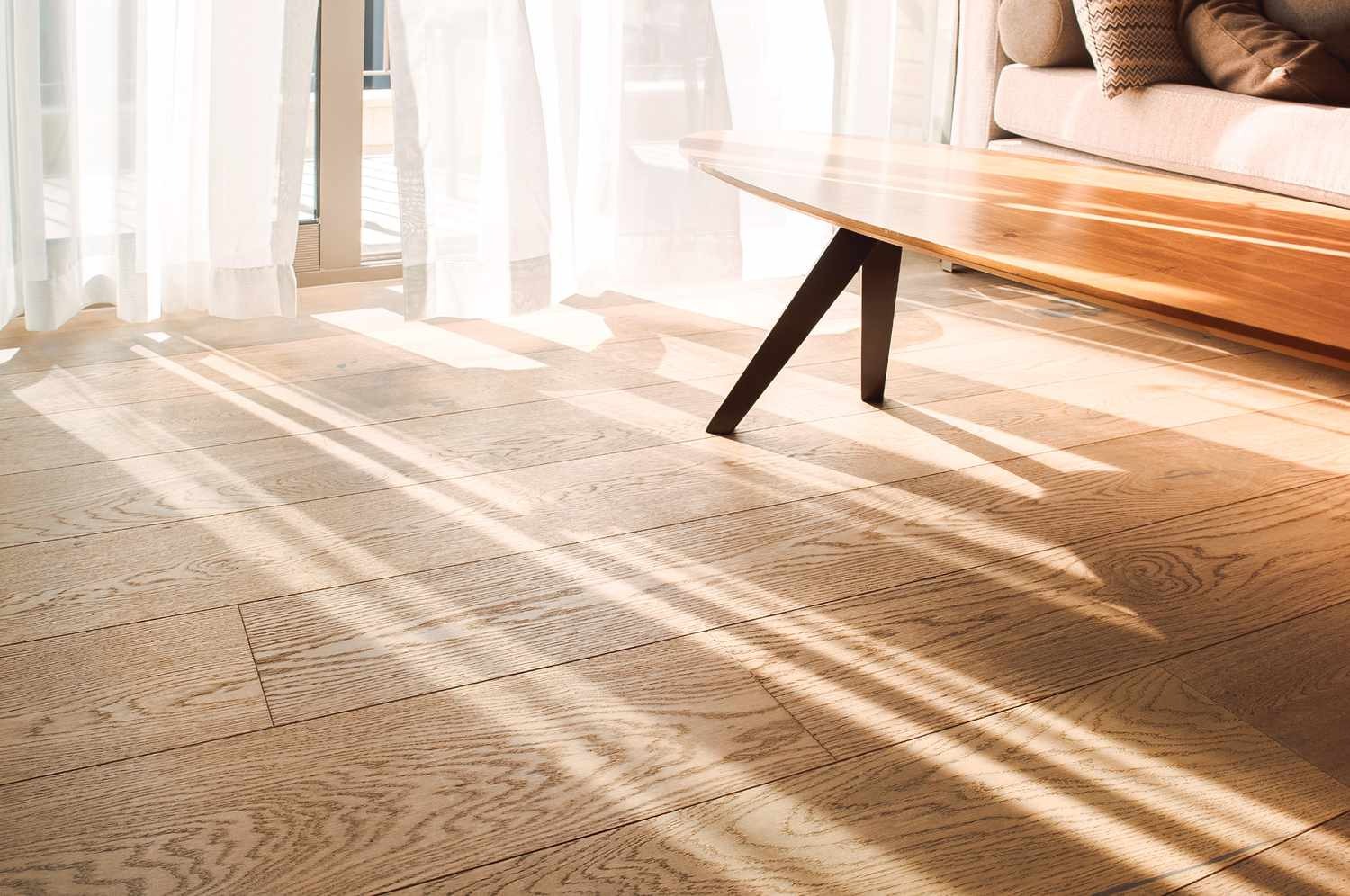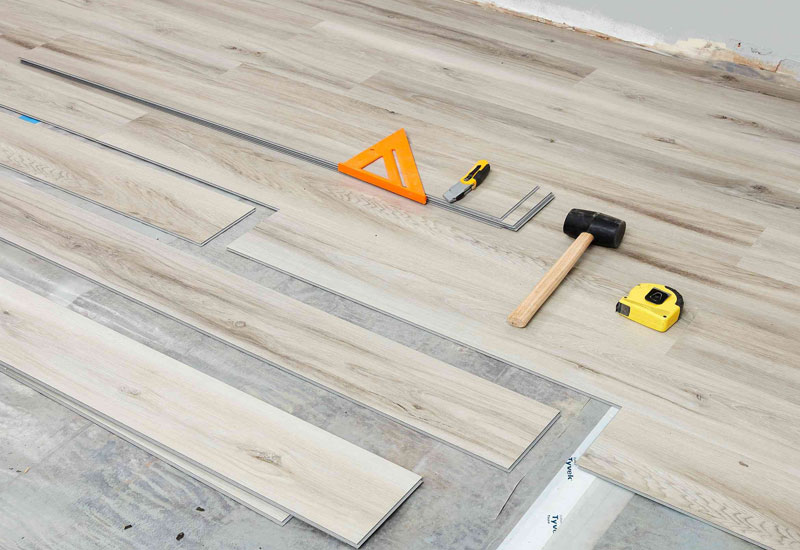Pros And Cons Of Vinyl Flooring – Look no further vinyl flooring meets all these needs and more.
This material is usually fairly cheap and is not known to feel authentic to its style or design’s simulated material—putting in a vinyl floor likely won’t add value to your home.
What is a vinyl floor?
Sheet vinyl flooring is vinyl flooring that comes in large, continuous, flexible sheets. A vinyl sheet floor is completely impermeable to water, unlike vinyl floor tile, which comes in stiff tiles, and vinyl planks, which come in interlocking strips. It is sometimes called linoleum after a visually similar product of different (linseed oil) chemical composition.
Vinyl flooring is extensively used because it is water-impervious, fairly durable, adjustably resilient and insulating, easy to install, available with a variety of appearances, and inexpensive. Custom-print vinyl sheet flooring may cost an order of magnitude more, if ordered commercially

The Pros of Vinyl Flooring
Resilient
Vinyl flooring is known for being resilient. This means that most vinyl flooring is water-resistant and very low maintenance, with long-lasting durability. If it has a wear layer, vinyl flooring will usually not stain and can survive plenty of wear and tear, which makes it a good option for any highly trafficked areas. Some brands manufacture 100% waterproof vinyl floors—excellent for bathrooms or mudrooms.
Comfortable
Compared to materials like hardwood or stone, vinyl flooring has a “softer” and more “padded” feeling underfoot, thanks to its layered composition. These layers also insulate and help the floor maintain a consistent temperature no matter the season. Vinyl can also have soundproofing qualities, which serve to reduce both noise and echo in any room.
Affordable and easy installation
Vinyl is quite affordable and has an uncomplicated installation process that can be DIYed fairly easily.
The Cons of Vinyl Flooring
Cannot be refinished
Since vinyl flooring consists of a single wear layer over the design layer, it cannot be refinished. Once the floor is damaged, the affected areas, or the entire floor, must be entirely replaced. This is especially true for sheet vinyl or low-quality vinyl.
Does not always add to resale value
Most of the time (though not always) vinyl floors do not have an impact on the resale value of a house or building. Low-quality vinyl floors, especially older floors, may even have a negative impact.
Not environmentally friendly
Manufacturing vinyl flooring requires the use of toxic chemicals, and after installation, vinyl floors have been known to emit VOCs (volatile organic compounds). Off-gassed VOCs can adversely affect health and an indoor environment, particularly without windows or ventilation, will lead to higher concentrations. If this is a concern for you, we recommend avoiding high-VOC vinyl flooring and choosing a low-VOC floor instead.








